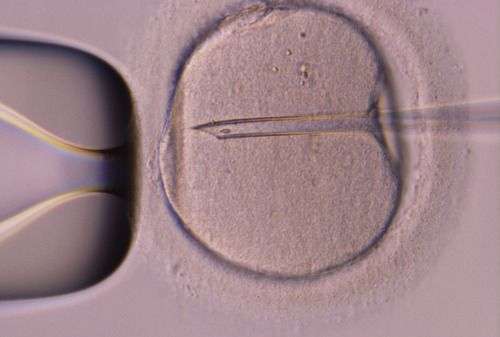ICSI is a procedure in which a single spermatozoa is injected directly into an egg to achieve fertilization. The resulting embryos are then incubated for three or five days before transfer to the patient, or they may be cryopreserved.

In 1992, Dr. Gianpiero Palermo first reported Intracystoplasmic Sperm Injection (ICSI) as a vital adjunct to in vitro fertilization, which has subsequently facilitated hundreds of thousands of pregnancies around the world.
ICSI is commonly used to treat male factor infertility due to low sperm count, poor sperm motility or abnormal morphology. ICSI may also be performed for patients who require PGD/PGS, undergo testicular sperm extraction (TESE), use cryopreserved or donated eggs, and those who have low egg yield.

